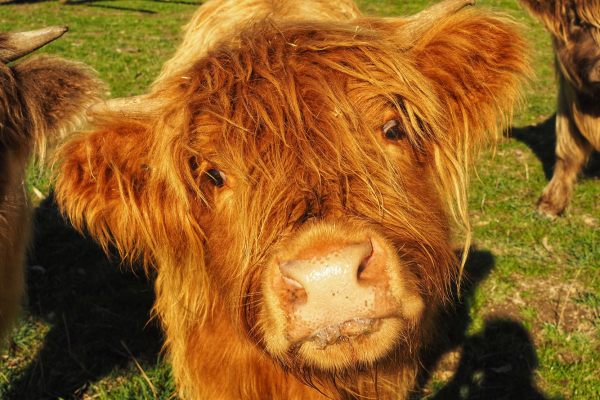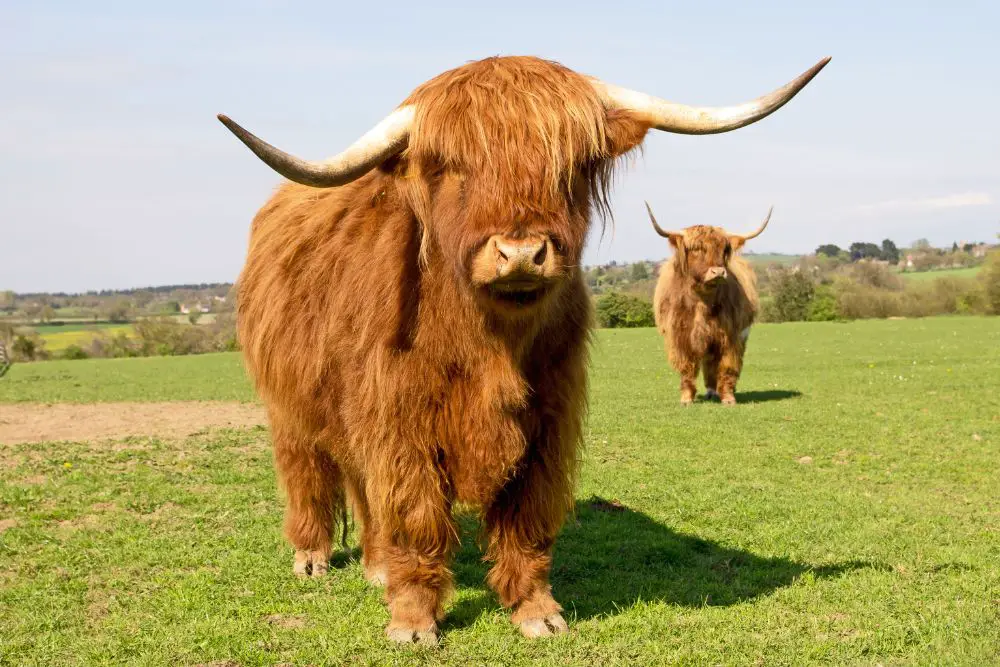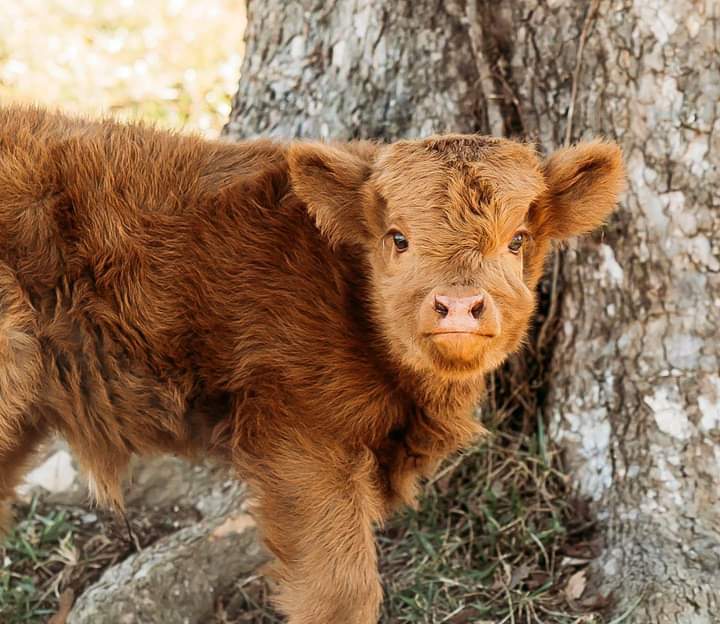Highland Cow Longevity: A Complete Guide
Highland cows, with their shaggy coats and impressive horns, are iconic symbols of the Scottish Highlands and beyond. But beyond their striking appearance lies a remarkable characteristic: their longevity. This guide delves into the factors contributing to the long lifespans of Highland cattle, providing comprehensive information for farmers, enthusiasts, and anyone curious about these hardy bovines.
The Secrets to Highland Cow Longevity
Highland cattle are renowned for their resilience and ability to thrive in harsh environments. This inherent hardiness, coupled with specific management practices, contributes to their extended lifespans. Here’s a breakdown of the key factors:
- Genetic Predisposition: Highland cattle have been naturally selected over centuries to survive in challenging climates. Their genetics are inherently geared towards longevity, allowing them to withstand cold temperatures, sparse grazing, and other environmental stressors.
- Robust Health: Compared to some more intensively bred cattle breeds, Highland cows are less prone to common diseases. Their natural resistance minimizes the need for extensive veterinary intervention, contributing to a healthier and longer life.
- Adaptability to Harsh Climates: Their thick, double coats provide excellent insulation against frigid temperatures, and their ability to forage in challenging terrain allows them to access food sources that other breeds might struggle with. This adaptability minimizes stress on their systems.
- Slow Metabolism: Highland cows, like many long-lived animals, tend to have a slower metabolism. This means their bodies wear down more gradually, contributing to a longer lifespan.
- Efficient Feed Conversion: They’re excellent converters of low-quality forage into body mass. This efficiency reduces the reliance on expensive supplemental feeds, further contributing to their overall health and longevity.
- Traditional Farming Practices: Many Highland cow farms prioritize natural grazing, minimizing the use of growth hormones and other interventions that can potentially shorten lifespans.
Average Lifespan of a Highland Cow
While individual lifespans can vary, a healthy Highland cow can typically live for:
- Female (Heifers/Cows): 18-25 years, and sometimes even longer.
- Male (Bulls): 12-18 years, often due to the physical demands of breeding.
These figures are significantly longer than the average lifespan of commercially raised beef cattle breeds.
Factors That Can Influence Longevity
While Highland cows are naturally long-lived, several factors can impact their lifespan:
- Nutrition: Adequate access to high-quality forage is crucial. Proper nutrition supports overall health and reduces the risk of disease.
- Parasite Control: Regular deworming and parasite management are essential to prevent infestations that can weaken the animals.
- Breeding Practices: Responsible breeding programs that prioritize health and longevity contribute to the overall health of the herd. Avoiding inbreeding is also critical.
- Environmental Conditions: While hardy, extreme conditions, such as prolonged periods of drought or flooding, can negatively impact their health and longevity.
- Veterinary Care: Regular checkups and prompt treatment of any health issues are crucial for maintaining a long and healthy life.
Managing Your Highland Cattle for Longevity
To maximize the lifespan of your Highland cattle, consider these best practices:
- Provide ample grazing land: Encourage natural grazing habits.
- Supplement feed when necessary: Especially during harsh winters or when forage is scarce.
- Implement a robust parasite control program: Consult with your veterinarian.
- Monitor for signs of illness: Early detection and treatment are key.
- Provide shelter from extreme weather: Especially during calving season.
- Practice responsible breeding: Select for healthy traits and avoid inbreeding.
- Maintain clean water sources: Fresh, clean water is essential for their well-being.
Comparing Highland Cow Lifespan to Other Breeds
The long lifespan of Highland cows is a significant advantage compared to many commercially raised beef breeds. Breeds raised for intensive production often have shorter lifespans due to factors like:
- Rapid growth rates: Selective breeding for rapid growth can sometimes compromise health and longevity.
- Intensive feeding practices: High-energy diets, while promoting weight gain, can put stress on the animals’ systems.
- Susceptibility to disease: Intensive farming practices can increase the risk of disease outbreaks.
Highland cows, in contrast, are bred for resilience and adaptability, leading to a longer, healthier life.
Conclusion: Embracing the Long Life of Highland Cows
Highland cows are a testament to the power of natural selection and sustainable farming practices. Their remarkable longevity is a result of their inherent genetic hardiness, their ability to thrive in challenging environments, and the responsible management practices employed by dedicated farmers. Understanding the factors that contribute to their long lifespans allows us to appreciate these magnificent animals and support their continued well-being. By embracing their natural strengths and providing them with the care they deserve, we can ensure that these iconic bovines continue to grace the landscapes for generations to come.
Frequently Asked Questions (FAQs)
- How long can a Highland cow live? A healthy Highland cow can live for 18-25 years, with some individuals living even longer.
- What is the average lifespan of a Highland bull? The average lifespan of a Highland bull is typically 12-18 years.
- Are Highland cows more resistant to disease than other breeds? Yes, Highland cows are generally more resistant to common diseases compared to many commercially raised beef breeds.
- What is the best way to ensure a long life for a Highland cow? Providing adequate nutrition, implementing a parasite control program, practicing responsible breeding, and providing a healthy environment are key to maximizing a Highland cow’s lifespan.
- Do Highland cows need special care to live a long life? While they are naturally hardy, Highland cows still benefit from proper care, including access to clean water, high-quality forage, and regular veterinary checkups.




